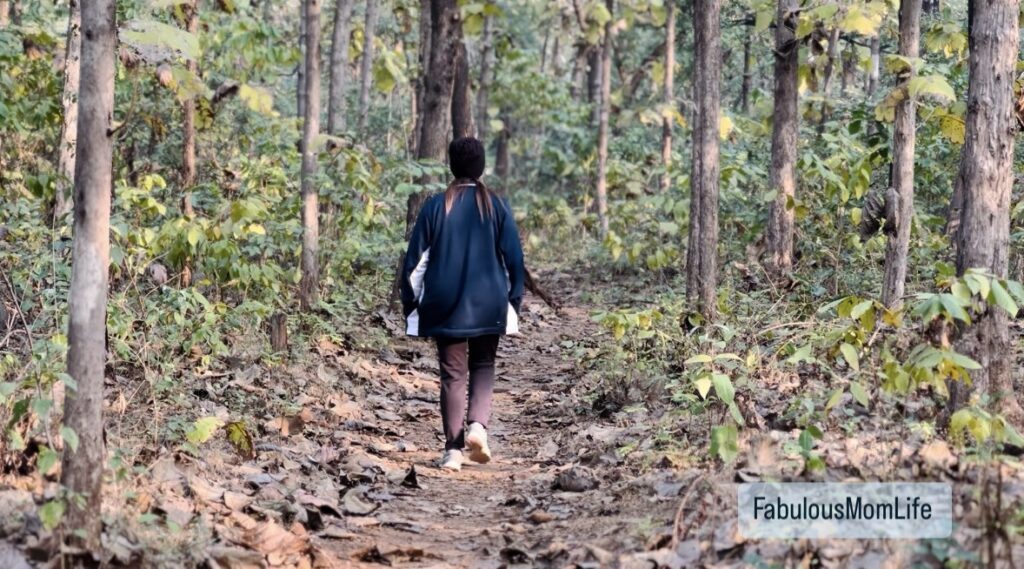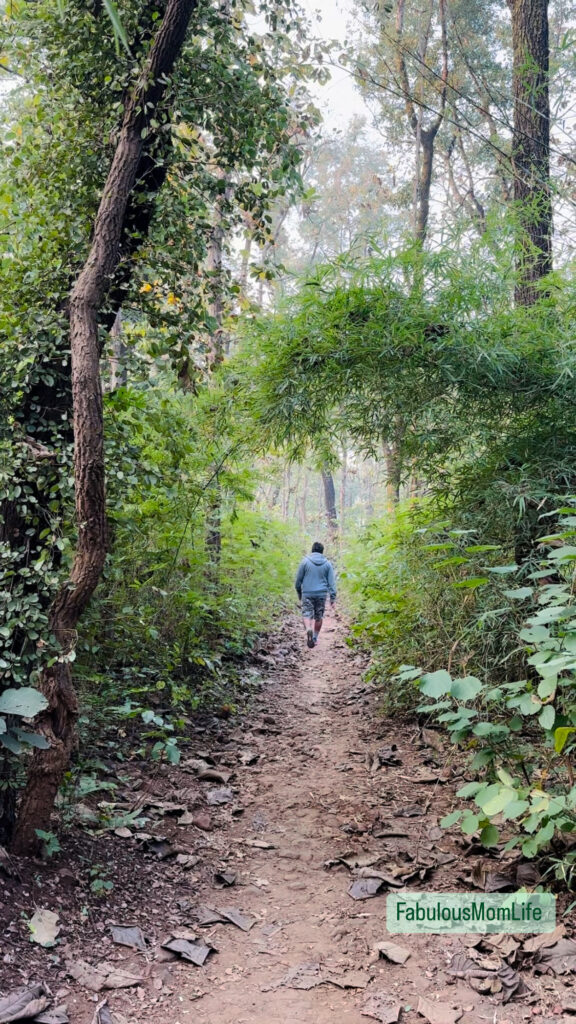Every now and then, I am drawn towards nature. In fact, most of my mornings begin with a walk amidst nature – in a lovely teak forest that my city is blessed to have right in the middle. In a fast-paced world dominated by technology and urban living, there’s a growing recognition of the profound benefits that immersing oneself in nature can bring to overall well-being.

Shinrin Yoku, or “forest bathing,” rooted in Japanese tradition, is at the forefront of a global movement promoting the therapeutic effects of spending time in forests. Let’s explore Shinrin Yoku and other similar philosophies from around the world that underscore the importance of reconnecting with nature.
1. Shinrin Yoku: The Healing Power of Forest Immersion
Shinrin Yoku, developed in Japan in the 1980s, is a practice that involves fully engaging with nature using all five senses. Studies have shown that spending time in a forest environment can reduce stress, lower blood pressure, and boost mood. The practice encourages individuals to slow down, be present in the moment, and cultivate a deep connection with the natural world.
2. Friluftsliv: Embracing the Outdoors in Scandinavia
Hailing from Scandinavia, friluftsliv translates to “open-air living” and emphasizes the importance of spending time outdoors, regardless of the weather. This philosophy encourages people to connect with nature, fostering a sense of balance and appreciation for the changing seasons. Whether it’s hiking, camping, or simply enjoying a walk in the woods, friluftsliv promotes a harmonious relationship with the natural environment.
3. Forest Therapy in South Korea: Suyu Kirogi
In South Korea, the concept of Suyu Kirogi, or “forest healing,” aligns with the principles of Shinrin Yoku. Recognizing the therapeutic benefits of time spent in nature, this philosophy advocates for the integration of forest therapy into everyday life. Suyu Kirogi emphasizes the role of forests as healing spaces that promote relaxation, stress reduction, and enhanced mental well-being.
4. Waldeinsamkeit: Solitude in the German Forests
Waldeinsamkeit, a German term meaning “forest solitude,” captures the serene feeling of being alone in the woods. This philosophy celebrates the peacefulness and tranquility found in nature, encouraging individuals to seek moments of solitude amidst the trees. It underscores the idea that time spent alone in the forest can be a rejuvenating and introspective experience.
5. Ecotherapy: Nature as a Therapeutic Tool
Ecotherapy, a more generalized approach found in various cultures, involves using nature as a therapeutic tool. Whether through outdoor activities, gardening, or wilderness adventures, ecotherapy recognizes the healing power of the natural world. It encourages individuals to connect with the environment, fostering a sense of balance, resilience, and improved mental health.

As we navigate the demands of modern life, these philosophies from around the world remind us of the essential role nature plays in our well-being. Whether it’s the Japanese art of forest bathing, Scandinavian open-air living, or German forest solitude, each philosophy invites us to embrace the restorative power of the great outdoors. So, take a moment, step outside, and let nature’s embrace guide you towards a healthier, more balanced life.




Leave a Reply